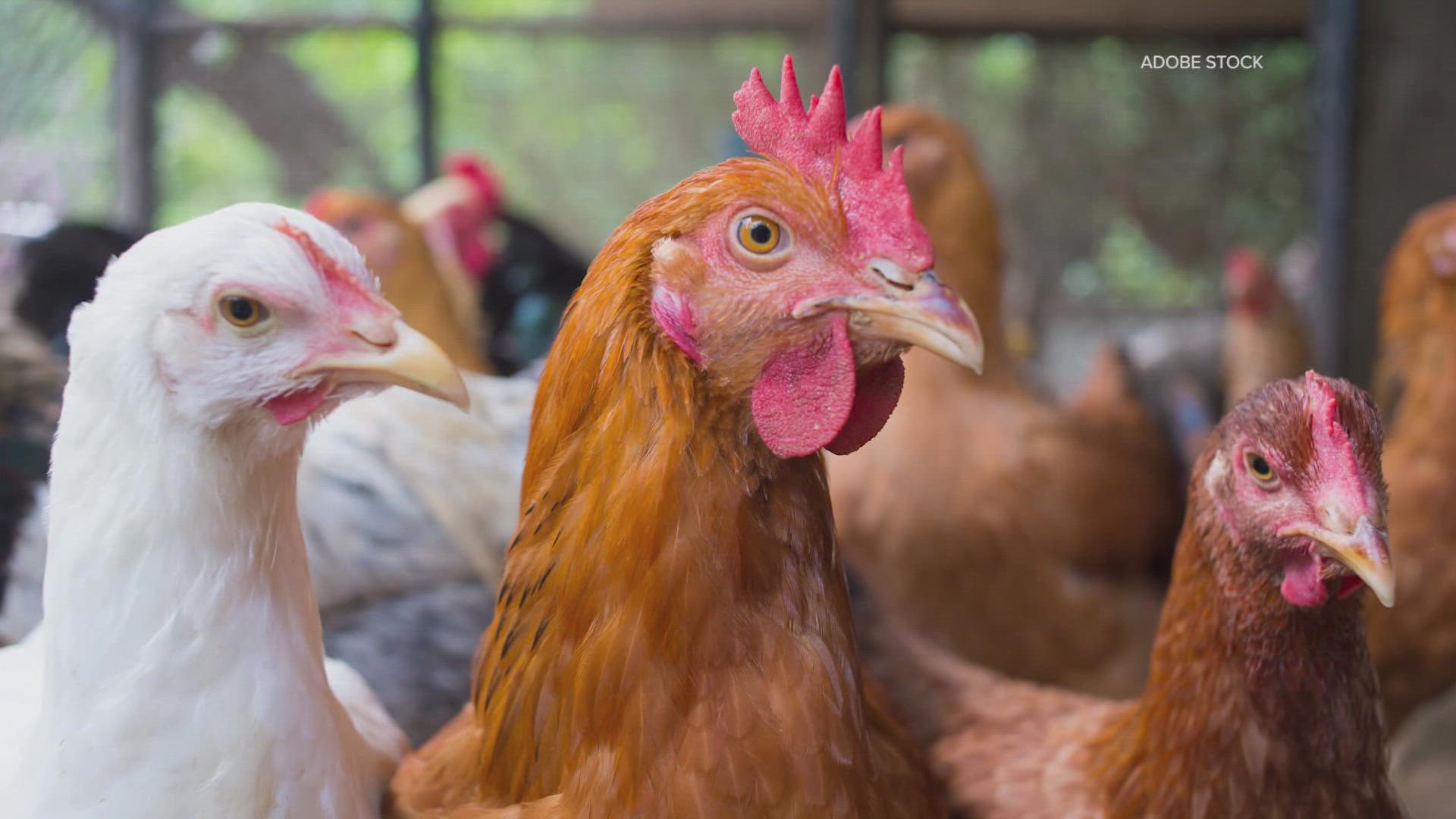AUGUSTA, Maine — Maine's Department of Agriculture, Conservation, and Forestry veterinarians issued new warnings about the "particularly lethal" Avian flu killing off more birds in the state this year than in years past.
Dr. Michele Walsh, the state veterinarian with DACF focusing on livestock and poultry, said increased deaths of resident wild birds that live in Maine year-round indicates that this strain of the bird flu is more infective than in years past.
"That is very unusual. Normally we see, if we see deaths associated with that, we don't see them primarily in the wild birds," Dr. Walsh said. "This is a particularly lethal form of this virus and we have to be prepared, in fact, we are prepared to see it come back through with the fall migration."
Walsh said we normally see Avian flu outbreaks taper off in the summer, but that's not the case this year.
Federal veterinary scientists say this strain of Avian flu (H5N1), which is particularly dangerous to domestic birds, is killing birds like ducks and geese that live in Maine year-round that are normally more resilient to the virus.
The Maine DACF offers several warnings and tips for people who own backyard birds, such as chickens:
- Do not bring your flocks to agricultural fairs, trade shows, competitions, or exhibitions if they are sick.
- Have separate clothes exclusively for your coop to avoid tracking any wild bird poop to your home.
- Keep domestic birds separate from wild birds as much as possible.
- If you see a dead bird in the wild, call 207-287-8000.
- If you see a dead domestic bird, call 1-866-536-7593.
The state says do not touch any dead birds because the virus spreads through contact.
So far, no humans have been infected, the DACF said.
"The trends observed with past North American HPAI outbreaks are that we often see a reprieve in the summer months. Unfortunately, this is not the pattern observed in the current outbreak. Animal Health Officials in Maine now recommend that all competitions, exhibitions, shows, swaps, or other in-person events encouraging the gathering or comingling of domestic fowl or poultry be postponed until at least 30 days after the last detection of an infected flock in our state," the DACF wrote in an advisory.

